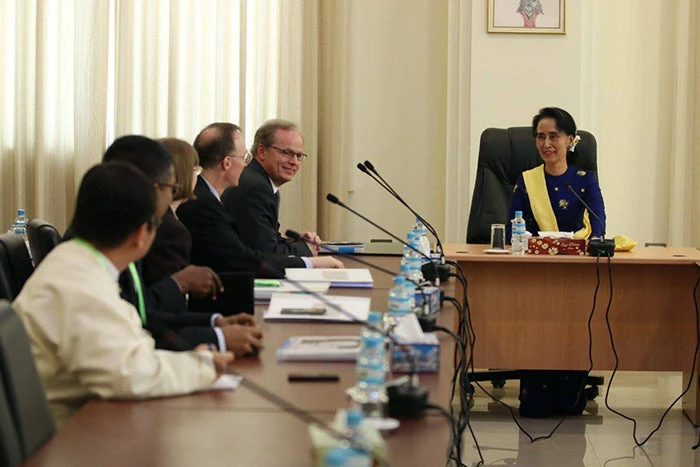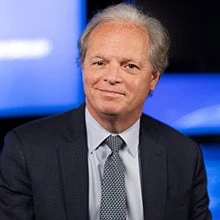
When the new government takes office next month it will pick up the baton to deliver on the people’s aspirations for a prosperous and harmonious Myanmar. While it will have solid successes to build on, there remain great challenges ahead.
About a third of the population still lives in extreme poverty. Almost three quarters of children in rural Myanmar grow up in homes without electricity to run a refrigerator or power lights to do homework at night. Only 29 percent of the poorest children graduate from secondary school.
Myanmar has a real opportunity to ensure that economic growth is inclusive and that a growing share of people benefit from the new opportunities that economic growth creates. This means not only sustaining a strong pace of growth, but doing so through a diversified economy that can create good jobs in higher-productivity sectors.
Myanmar’s agriculture sector is a good place to start. It employs 65 percent of the country’s labor force, but suffers from low productivity. The average rice paddy yields 2.5 tons per hectare, only half the amount of other exporters in the region.
New investments to enhance agricultural productivity by supplying quality seeds and adopting modern farm technologies can raise incomes for farm families, which comprise most of Myanmar’s poor. Such steps can enable a structural shift for the rural workforce to more labor-intensive and higher-productivity sectors and sustainable reductions in poverty and inequality.
Inclusive growth also means greater investment in Myanmar’s greatest resource – its people – by ensuring education for all, healthcare for all, and energy for all. Providing these essential services will require policy to ensure sound public financing through tax collection, sound public spending, and public investments that favor infrastructure and human development.
Infrastructure investments can spur private sector job growth and support more productive and labor-intensive economic activities, such as manufacturing and textile production.
Inclusive growth also requires a concerted effort to reach the poorest communities, mostly located in rural and remote parts of Myanmar. Myanmar’s National Community-Driven Development (CDD) program, which is supported by the World Bank, is doing just that by providing financial support to the poorest communities in the country.
Through its 1,700 projects across nine townships, the CDD program directly engages local communities in Myanmar’s transformation, empowering those communities to choose to invest in the things they decide are most essential – whether repairing a school, health center or a road, or providing safe drinking water.
This program shows us how it is possible to reach and empower even the poorest communities with small investments that yield big dividends in their daily lives – so that everyone can share in the country’s good fortune.
Today, Myanmar faces both the opportunity and the challenge of building on the development gains made since 2011. An extended period of inclusive growth and transformation for the entire country, when everyone benefits and is engaged, offers the best prospects for the end of conflict and a lasting peace.
In the final analysis, it is the people of Myanmar who will make the critical decisions that will guide the development of their country. The international community, including multilateral institutions like the World Bank Group, can play an important supportive role.
We are privileged to accompany Myanmar on its journey toward a more peaceful and prosperous future.
A version of this article appeared in the Global New Light of Myanmar


Join the Conversation